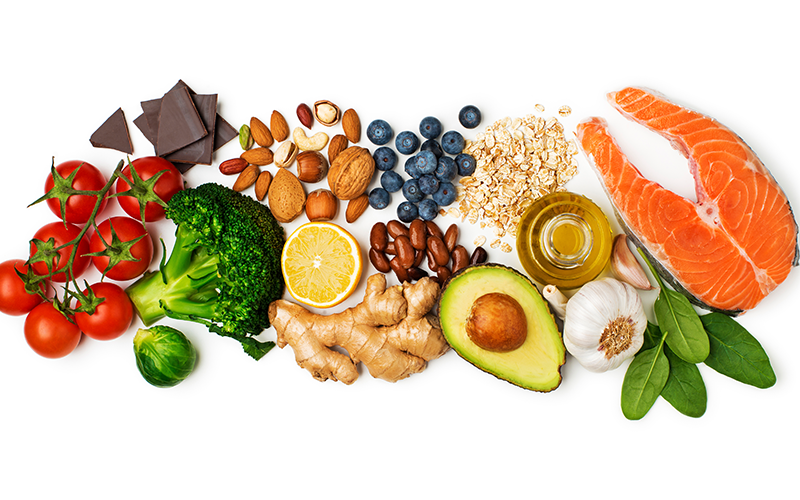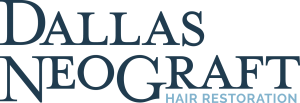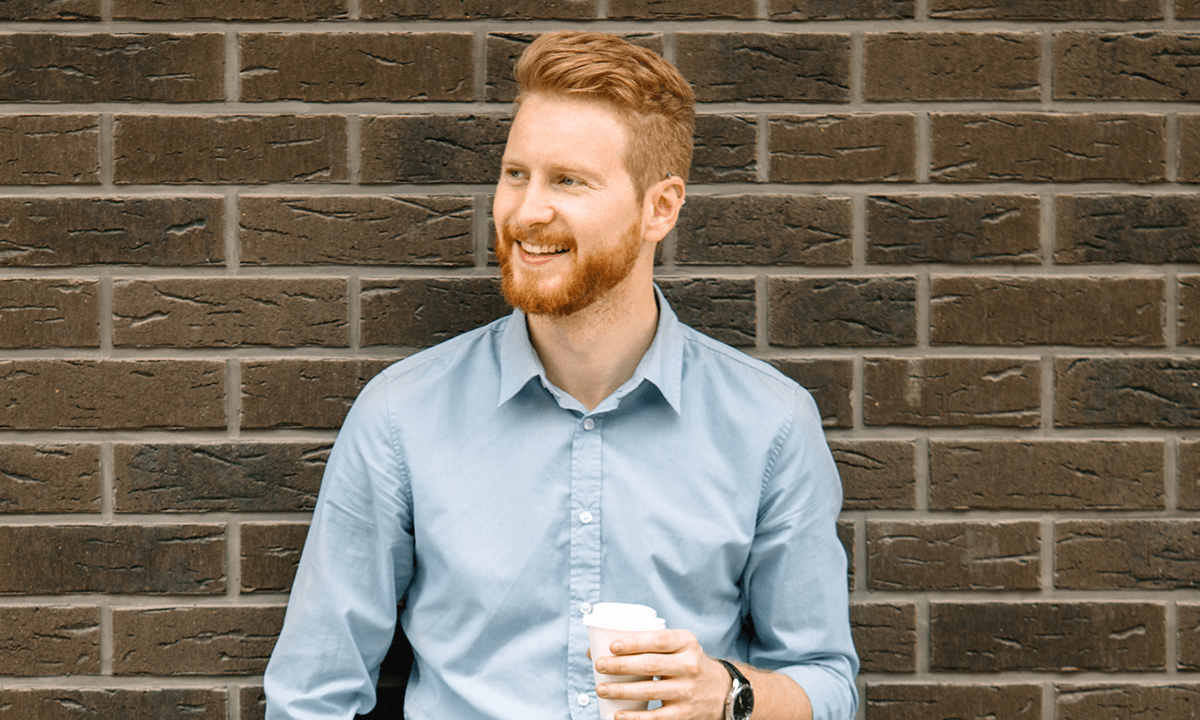
You’ve seen all the ads for natural remedies and foods that can help improve your hair loss. But can you really restore your hairline with diet and lifestyle changes?
The answer is complicated. Hair loss has many causes. Depending on the type of hair loss you have and your underlying medical condition, what you eat may or may not make an impact when it comes to hair restoration.
To learn which dietary changes could help restore your hairline, first consider the cause of your hair loss.
What Causes Hair Loss?
The most common cause of hair loss is androgenic alopecia, also known as male pattern baldness and female pattern baldness. This type of hair loss is genetic and affects millions of men and women around the world. It is caused by the male hormone dihydrotestosterone (DHT), a byproduct of testosterone.
Some hair follicles are sensitive to DHT, and continued exposure causes them to eventually shrink and stop producing hair. For men, the areas of the scalp most sensitive to DHT are the temples and crown, so they are generally the most affected. Male pattern baldness is characterized by a distinct pattern of receding or thinning hair and is measured on the Norwood Scale.
Some medications such as finasteride (the generic name for Propecia®) and minoxidil (the active ingredient in Rogaine®) have been proven to effectively slow or even stop the effect of DHT on hair follicles, but only while the medication is being taken. If treatment is stopped, hair loss resumes.
Other causes of hair loss can include stress, hormonal changes with pregnancy or menopause, chemical products, certain medications, thyroid imbalances and other underlying medical conditions. Extreme weight loss or malnutrition can also affect the quality — and amount — of your hair.
Depending on the cause of your hair loss, diet can have an impact. If your hair loss is caused in part due to a vitamin deficiency, for example, improving your diet could also improve the texture and quality of your hair and promote hair restoration and growth.
Foods to Grow and Improve Your Hair
Improving your diet ultimately improves your health — and if you’re healthy, your hair can show it. But is it really possible to improve the amount, elasticity and shine of your hair with the foods you eat? If so, which foods can help strengthen your hair and inhibit hair loss?
If your hair loss or receding hairline are the result of male or female pattern baldness, dietary changes will have little effect. But if your hair loss is due to a nutritional deficiency, there are five things you can change about your diet that may help.
#1: Protein
Hair is primarily made of protein. If you don’t get enough in your diet, your hair will suffer. Foods rich in protein such as fish, chicken, eggs, soy products and beans can help improve hair growth and shine.
#2: Iron
If your hair loss is the result of an iron deficiency, you could reverse these effects by eating more iron-rich foods including dark, leafy green vegetables, tofu and liver. Super foods like spinach are rich in iron and also contain sebum, which naturally conditions your hair to make it shinier. Spinach is also rich in omega-3 acids, magnesium, potassium and calcium. Make sure to eat two to three 10-ounce servings each day to promote hair growth.
#3: Biotin
Three milligrams of biotin once a day can also help with hair restoration. Biotin is a vitamin B complex found in corn, barley, milk, eggs, almonds, avocados and salmon. Vitamins B6, B12 and folic acid are also good for your hair. Vitamin B6 is found in bananas, potatoes and spinach. Vitamin B12 is in meat, poultry, fish and dairy products, and folic acid is in fresh fruits and vegetables, whole grains, beans and lentils.
#4: Zinc
Fresh fruits and vegetables like carrots and leafy vegetables are rich in zinc, but make sure you don’t take too many additional zinc supplements. Too much zinc in your diet can actually be toxic. The recommended daily zinc intake is between nine and 11 milligrams for adults. Zinc toxicity begins at between 35 and 40 milligrams daily.
#5: Essential Fatty Acids
Essential fatty acids — especially omega-3 fatty acids — not only promote hair growth, but they also help your skin and nails look their best. Eat foods rich in omega-3 such as salmon, tuna, mackerel and other fatty fish, as well as flaxseed oil, walnuts and almonds every day for the best results.
In addition to changes to your diet, advances in hair restoration technology have made it easier and less invasive than ever to replace lost hair with permanent, natural-looking results. To learn more about noninvasive hair restoration solutions that can help you regrow your hair and improve your self-confidence, contact Dallas NeoGraft today!



